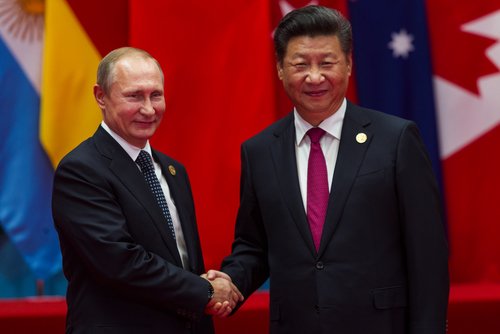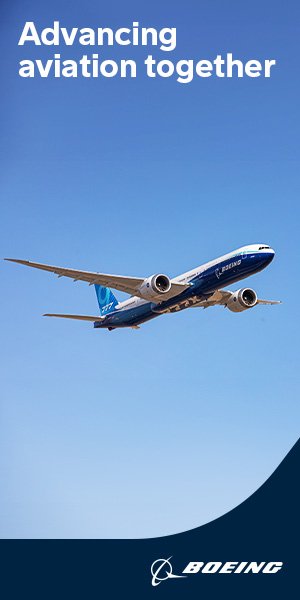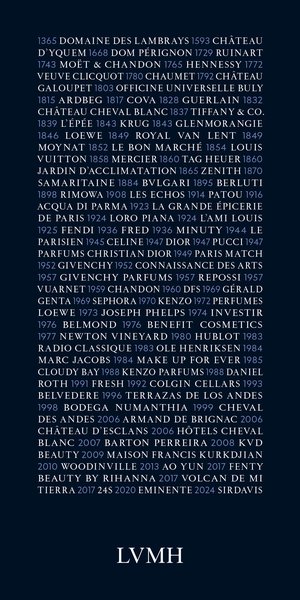
Frédéric de Monicault - Can we say that the Moscow-Beijing axis is consolidating?
Sylvie Bermann - Donald Trump has always been fascinated by Vladimir Putin and the sense of power he radiates. But during his first term in office, he was not followed by his administration. When the two men met in Helsinki in 2018, the discussions started off on a positive note, until the press conference at which the American president sided with his Russian counterpart against his own intelligence services over the Kremlin's interference in the election campaign. His entourage then put the brakes on and prevented any further bilateral meetings. A host of sanctions against Moscow followed. "Trump 2" got off to a similar start, with the White House occupant seemingly far more preoccupied with the issue of reciprocal investments and the rehabilitation of Russia on the international stage than with the conflict in Ukraine. Since then, Donald Trump has been disappointed: despite his repeated calls for a ceasefire, Putin has not given up waging war. This is why, in the current context, the Moscow-Beijing axis is tending to consolidate.
F. de M. - Over the past few years, regardless of Donald Trump's positions, how has the link between Russia and China been forged?
S. B. - The 2014 Sochi Olympics were a seminal episode. While a large number of countries called for a boycott, China instead showed solidarity with the sporting event organized by Russia, and Xi Jinping ostensibly attended. Later, Beijing did not denounce the invasion of Crimea either. All this contributed to the rapprochement between the two countries. This was not the case under Boris Yeltsin. At the time, the Kremlin praised democracy and human rights, claimed to have embarked on a new path, and denounced the authoritarian ways of its Chinese neighbor. But this normalization between Moscow and Washington soon faded.
The Sino-Russian axis is also based on a personal equation: Putin and Xi Jinping are two men of the same generation, each ruling their country with an iron fist, with no end in sight to their reign. In Russia, Vladimir Putin's term of office has been extended - administratively speaking - until 2036. In China, Xi Jinping has no end in sight.
F. de M. - Trump, Putin and Xi Jinping: which of these leaders is currently marking his territory most effectively?
S. B. - Xi Jinping, who maintains strict control over his population, appears internationally as a quiet force, but one who yields nothing in the face of Donald Trump's threats, particularly as regards the imposition of tariffs. As for Vladimir Putin, until 2022 he was considered to exude a certain seductiveness, always attentive to coaxing his interlocutors. That page has been turned. From this point of view, his decision to invade Ukraine is incomprehensible, not to say absurd: while he was gradually gaining a form of respect on the international stage, he gave in to the temptation of hubris and got bogged down in a war …
This website is freely accessible. To continue reading, you need to register an account.
I already have an account
I create my account
This will be your personal account where you could consult anytime :
- Order history
- Links to purchased magazines, articles, or interviews
- Personal informations













